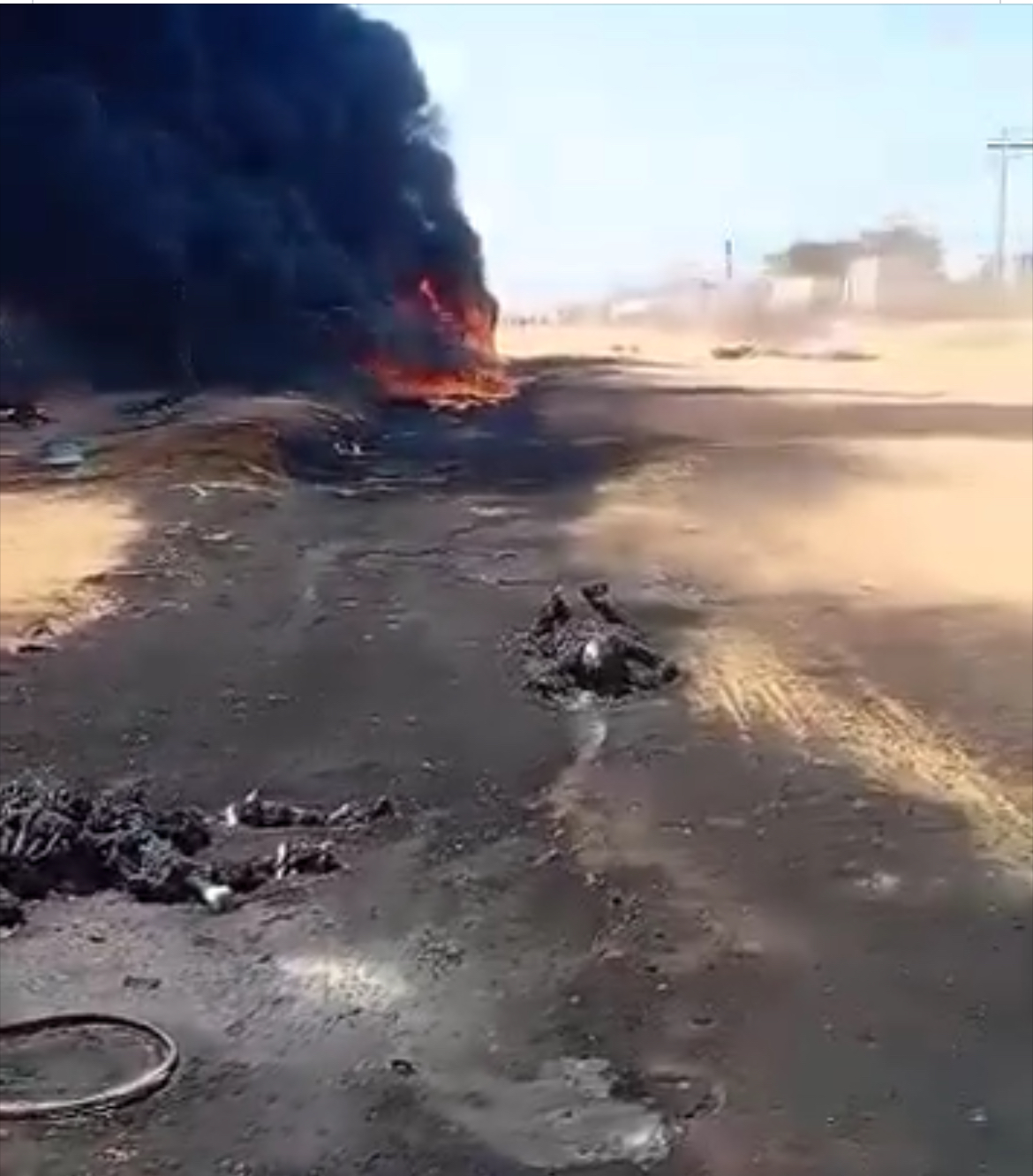By Mohammed Baba Yahaya
Once again, our social media feeds are stained with horrific images from Essa in Katcha Local Government of Niger State. Once again, the air is thick with the smell of scorched metal and incinerated dreams. Once again, we are left to count the cost in charred bodies and shattered families, victims of another petroleum tanker accident and the subsequent, predictable explosion.
And once again, we are trapped in the same, sickening script: the warning ignored, the desperate rush to scoop fuel, the cataclysmic blast, and the immediate, outstretched hands seeking government sympathy and financial aid. As a commentator, it is impossible to view this cycle as anything other than a devastating national failure—a failure of livelihood, of governance, and of collective responsibility.
To an outsider, the sight of people sprinting towards anoverturned tanker with jerrycans seems like sheer madness. It is easy to label them as foolish or to dismiss their actions with a simplistic, “they were warned.” But this is a superficial reading of a deep-seated crisis.
The truth is, for many in Niger State and across Nigeria, this is not a gamble; it is a calculated risk in an economy of desperation. When formal employment is a mirage and poverty is a persistent reality, a free tanker of fuel represents a potential windfall. That scooped fuel can be sold to put food on the table, pay a child’s school fees, or settle a medical bill. In the calculus of poverty, the immediate reward often tragically outweighs the abstract risk of a future catastrophe. They are not just scooping fuel; they are scooping a temporary respite from hardship.
This is where the government—at all levels—must accept a colossal portion of the blame. The people’s desperation is a direct indictment of a system that has failed to provide viable alternatives. Where are the sustainable job opportunities? Where is the public enlightenment that goes beyond a last-minute megaphone warning? Where is the robust emergency response infrastructure to secure accident sites immediately?
For years, Niger State, a key transit route, has watched this tragedy repeat itself without implementing a permanent, strategic solution. The response has been reactive, not proactive. We offer condolences and financial aid “after” the fact, but we invest little in preventing the “next” disaster. This creates a dangerous moral hazard, where the expectation of a government payout, however meager, subtly undermines the perceived finality of the risk.
There is a painful irony that the victims, who moments before defied state authority to scoop the fuel, immediately turn to that same state for salvation. And the state, in its well-intentioned but short-sighted compassion, often obliges with financial assistance.
While humanitarian aid is necessary in the immediate aftermath, we must ask: has this pattern of post-tragedy compensation inadvertently become part of the problem? Does it, in a twisted way, normalize the cycle? We must move from a model of compensating tragedy to one of preventing it. The most profound sympathy a government can show is not a cheque after a funeral, but the political will to ensure the funeral never has to happen.
Breaking this cycle requires a multi-pronged approach that addresses both the symptoms and the root causes:
• A standing, rapid-response task force comprising security and emergency agencies must be established for major transit routes. Their sole purpose should be to secure accident sites within minutes, using force if necessary, to keep people away.
• Campaigns must move beyond “don’t scoop.” They must feature visceral testimonials from survivors and victims’ families, using their heartbreaking stories to drive home the message that this is not a lottery, but a potential death sentence.
• Governments must collaborate to create legitimate economic opportunities through skills acquisition, agriculture support, and SMEs. When people have a stable income, the appeal of the “suicide scoop” diminishes drastically.
• A strict audit of the tankers themselves, their maintenance, and driver training is critical to preventing the accidents in the first place.
The people scooping fuel are not merely victims of their own poor choices; they are victims of a system that has left them with no good choices. They are caught between the devil of poverty and the deep blue sea of a fiery death.
Until we, as a nation, decide to drain the swamp of desperation that forces our citizens to wrestle with alligators, this symphony of sorrow will continue to play on a loop. It is a heartbreaking scenario indeed, but one that is entirely preventable. We must stop mourning the victims we failed and start protecting the citizens we can still save.


